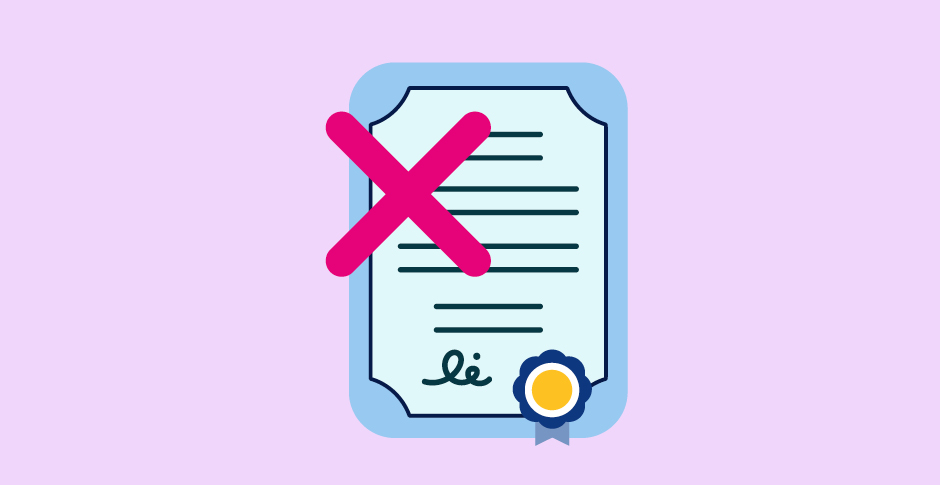Looking for a new job is exciting, but SEEK research shows that financial commitments is one of the top barriers for people considering a career change.
So, what do you need to know before making the leap, and what strategies can you put in place to ensure you’re in a financially strong position to make a career change?
- Get your super sorted. Changing careers is the perfect time to evaluate your superannuation situation. “I’m a bit of a super nerd,” says Theo Marinis, a financial strategist with Marinis Financial Group, “but if you get your superannuation organised now, your future self will thank you.”
With regards to remuneration, Marinis suggests asking employers whether the annual salary includes superannuation or not. “All employers must pay 9.5 per cent of an employee’s gross salary,” he says. “If an employer is offering you $65K for a role you need to clarify if that includes super or if super is on top of that.”
Some employers will allow you to nominate your chosen superannuation fund, whereas others will only pay into particular super schemes. “It’s not always a deal breaker but you want to know where your super is going,” says Marinis. “You also should ensure you have nominated a beneficiary or trustee in case anything happens to you.”
- Have a buffer. Marinis says people ideally would have six months’ worth of living expenses saved up before a career change. “If you are leaving a job and you’re going to collect some entitlements like annual leave or long service leave, this is often a good opportunity to bolster your cash reserves,” he says. If you don’t have money coming to you, then Marinis suggests having enough of a financial buffer to protect you if the new job doesn’t work out. “It does take time to get used to a new job, but if it’s not working out then you need to have enough cash to see you through,” he says.
- Know your expenses and potential savings. Getting a new job can mean unexpected expenses. “If you change careers, you may need to get suits made or upgrade your wardrobe,” says Marinis. “Think about other costs and savings - do you have to pay for parking? Is there potential for being paid bonuses? Does the employer offer discounted gym memberships? Make sure you are across all these potential costs and savings, and factor these into your financial planning.”
- Make a plan. Ultimately, the best way to be financially prepared for a career change is to make a plan and budget. “The better prepared you are, the better the outcome will be,” Marinis says. “You can talk to family and friends, go online to find financial planning resources and books, but it’s also good to talk to an expert like a financial planner who can do a check of your overall financial health.”
Top tips for a smooth financial transition:
- Get on top of your superannuation – ask if you can nominate your preferred provider. Make sure you have nominated a dependent beneficiary or trustee
- Have money (ideally six months’ worth) saved up in case your career change doesn’t work out
- Consider all the costs and savings involved in a career change – e.g. new clothing or parking; savings may include gym membership or on-site childcare
- Speak to a financial planner to discuss your current situation and future money-related goals
There’s no denying it, financial commitments can be difficult to manage when you’re thinking about changing careers. At the end of the day, everyone needs to pay their bills. But with the right amount of preparation, change in some shape or form really is possible for everyone.



